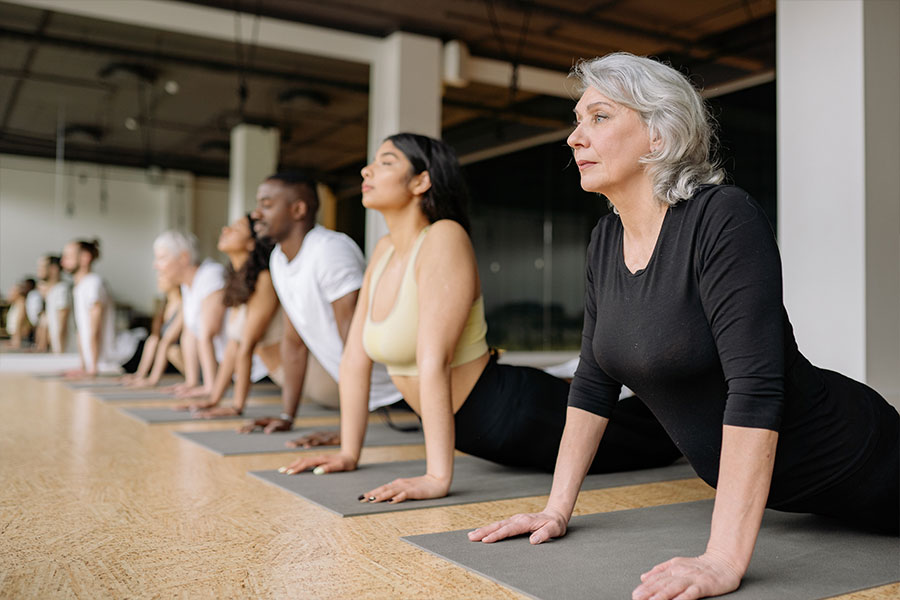How Exercise Is Tied To Immunity

Did you know there is a link between exercise and immune function? Exercise doesn’t just help you with weight loss and muscle strengthening. Healthy people that exercise also have wonderfully powerful immune systems.
What Exercise Does To Boost Immunity
Physical activity helps immunity in a few aspects. Exercise can improve the function of the white blood cells by increasing blood circulation. White blood cells are traveling quicker through your body making it easier for foreign invaders like bacteria, viruses, and other microbes to be detected and eliminated.
When you are exercising your body temperature rises which can help bacteria from growing inside the body. Think of it like a self-induced fever. Fevers are the body’s response to trying to kill off bacteria because bacteria cannot survive in those high temperatures. Obviously, the human body is tightly regulated and we maintain a certain range of temperature through sweating, so this effect is of limited benefit but interesting.
It is also believed that increased breathing can help clear out bacteria in your lungs and airways. Again, this will only be of limited benefit overall.
One of the main reasons that exercise helps is that it induces beneficial changes in the mitochondria and in cellular function. Exercise over time will promote mitochondrial autophagy and fission. This means that the mitochondria, the engine of the cell, will be maintained properly and new mitochondria will form to assist with energy formation. In addition, exercise downregulates genes involved with inflammation. This means that regular exercise will cause your body to reduce levels of chronic inflammation and also promote healthier mitochondria. This will obviously make the immune system function better. Studies looking at changes in the white blood cells have confirmed these findings.
How Much Exercise Is Optimal
A moderate amount of exercise is optimal for immune health. Too little exercise and your body is not at its healthiest. Too much exercise and your body is too exhausted to have proper immune responses.
Our government recommends about 150 minutes of moderate aerobic weekly and some strength work.
A moderate amount of exercise can be considered the following:
- Taking a 20-30 minute walk every day (30 minutes a day for 5 days would get you to 150 minutes)
- Going to the gym twice a week or so for strength work
- Taking a yoga class once or twice a week or doing home strength work with only body weight
Why You Shouldn’t Overdo It
Excessive exercise can leave your body more vulnerable to immune system attacks. This is seen most often in marathon runners. They typically have a very heavy training schedule that involves running long distances almost every single day. This can leave the body exhausted and unable to properly respond to illness and infection. Generally, when in an energy deficient state the body will prioritize certain functions, like brain function, and limit attention to other functions, like repair of the immune system.
Studies have “indicated that illness risk may be increased when an athlete participates in competitive events, goes through repeated cycles of unusually heavy exertion, or experiences other stressors to the immune system including lack of sleep and mental stress.”
So remember, while exercise is hugely beneficial, recovery is important too. There is a growing body of evidence supporting limited high-intensity exercise to induce anti-inflammatory changes and enhancing immune function. However, the recovery period is as important as the exercise period. Additionally, the body will require the appropriate amounts of micronutrients as well.





